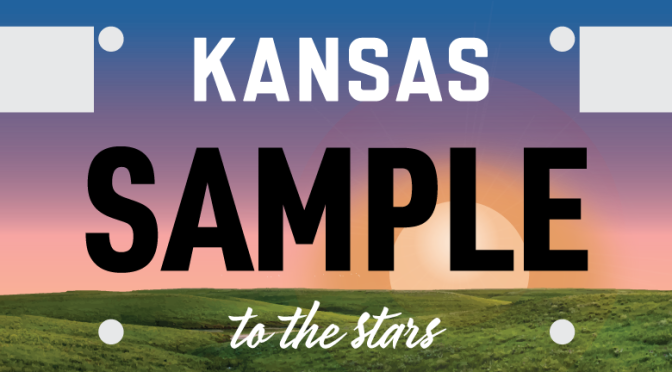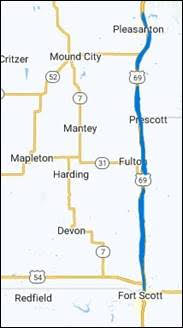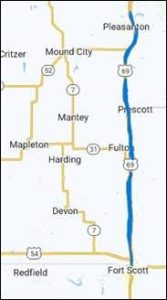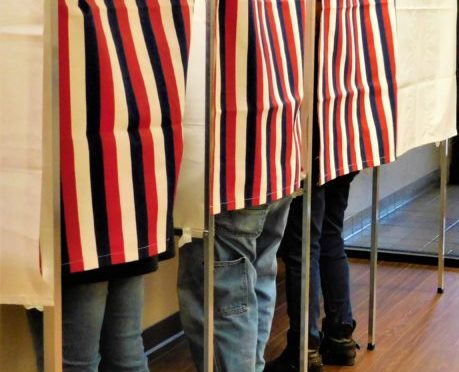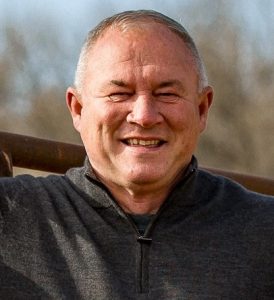TOPEKA – Lieutenant Governor and Secretary of Commerce David Toland is encouraging both jobseekers and employers searching for new talent to participate in the August Virtual Statewide Job Fair. Hosted by KANSASWORKS, the job fair will be from 8:00 a.m. to 5:00 p.m. Wednesday, August 21.
“Over the last five years, Kansas has been very strategic and purposeful when it comes to growing our economy. We are one of the top states for economic development and we’re bringing more jobs to our state than ever before,” Lieutenant Governor and Secretary of Commerce David Toland said. “There is no better time than right now to explore the many career opportunities spread out across the state.”
The Virtual Statewide Job Fair portal features helpful information such as a jobseekers training video, a list of participating employers and channels for attendees to register and log in. Jobseekers are encouraged to dress professional, as employers may request to engage in a video interview.
Candidates can participate through any digital device. Any individual with a disability may request accommodations by contacting their nearest workforce center at (877) 509-6757 prior to the event.
Registration is required to participate in the virtual job fairs, regardless of previous participation. To register, click here.
About KANSASWORKS:
KANSASWORKS links businesses, job candidates and educational institutions to ensure that employers can find skilled workers. Services are provided to employers and job candidates through the state’s 27 workforce centers, online or virtual services KANSASWORKS is completely free for all Kansans to use. Learn more at KANSASWORKS.com. State employment opportunities can be found at jobs.ks.gov.
About the Kansas Department of Commerce:
As the state’s lead economic development agency, the Kansas Department of Commerce strives to empower individuals, businesses and communities to achieve prosperity in Kansas. Commerce accomplishes its mission by developing relationships with corporations, site location consultants and stakeholders in Kansas, the nation and world. Our strong partnerships allow us to help create an environment for existing Kansas businesses to grow and foster an innovative, competitive landscape for new businesses. Through Commerce’s project successes, Kansas was awarded Area Development Magazine’s prestigious Gold Shovel award in 2021, 2022, 2023 and 2024, and was awarded the 2021 and 2022 Governor’s Cup by Site Selection Magazine.
###

